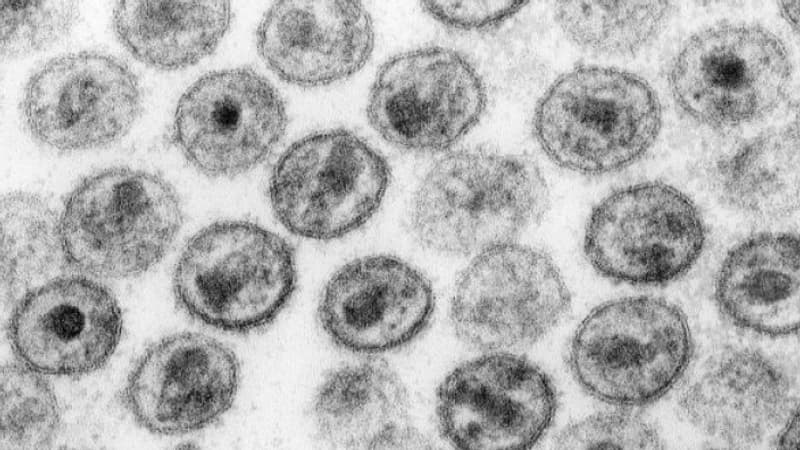This is a new official case of recovery from HIV after a bone marrow transplant: the “Dusseldorf patient” no longer has any trace of the virus in his body, indicates a study published this Monday in Nature Medicine. So far, only two similar recovery cases have been described in scientific publications: the Berlin patient in 2009 and the London patient in 2019.
Two other cases of cures were detailed last year during scientific congresses, but have not yet given rise to proper publications.
Immune System Renewal
This third patient, a man followed in Düsseldorf, received a stem cell transplant to treat leukemia, then was able to discontinue his antiretroviral treatment against HIV, described the international consortium IciStem, of which the Institut Pasteur is a partner, in the ‘study’ .
In their analyses, the researchers found no viral particles, no activatable viral reservoir, and no immune responses against the virus in this person’s body despite cessation of treatment for 4 years.
All cured patients have a very particular situation in common. They suffered from blood cancers and benefited from a stem cell transplant that profoundly renewed their immune systems. His donor had a rare mutation in a gene called CCR5, a gene mutation known to prevent HIV from entering cells.
double healing success
“During a bone marrow transplant, the patient’s immune cells are completely replaced by those of the donor, which makes it possible to make the vast majority of infected cells disappear,” explains virologist Asier Sáez-Cirión in a press release. one of the study authors.
“This is an exceptional situation when all these factors coincide for this transplant to be a double success in curing leukemia and HIV,” says the researcher.
Since less than 1% of the general population carries this protective HIV mutation, it is very rare for a matched bone marrow donor to have this mutation. In 2018, the medical team stopped detecting the presence of the virus and planned with the patient a supervised suspension of antiretroviral treatment against HIV.
But if these cases of remission bring researchers hope of one day overcoming HIV, a bone marrow transplant remains a very heavy and risky operation: it is not adaptable to most virus carriers.
Source: BFM TV


